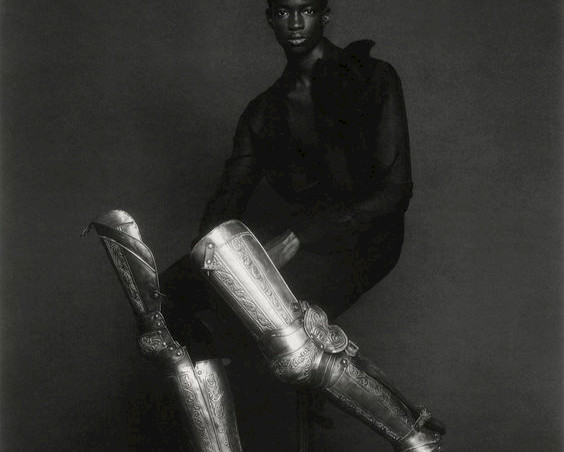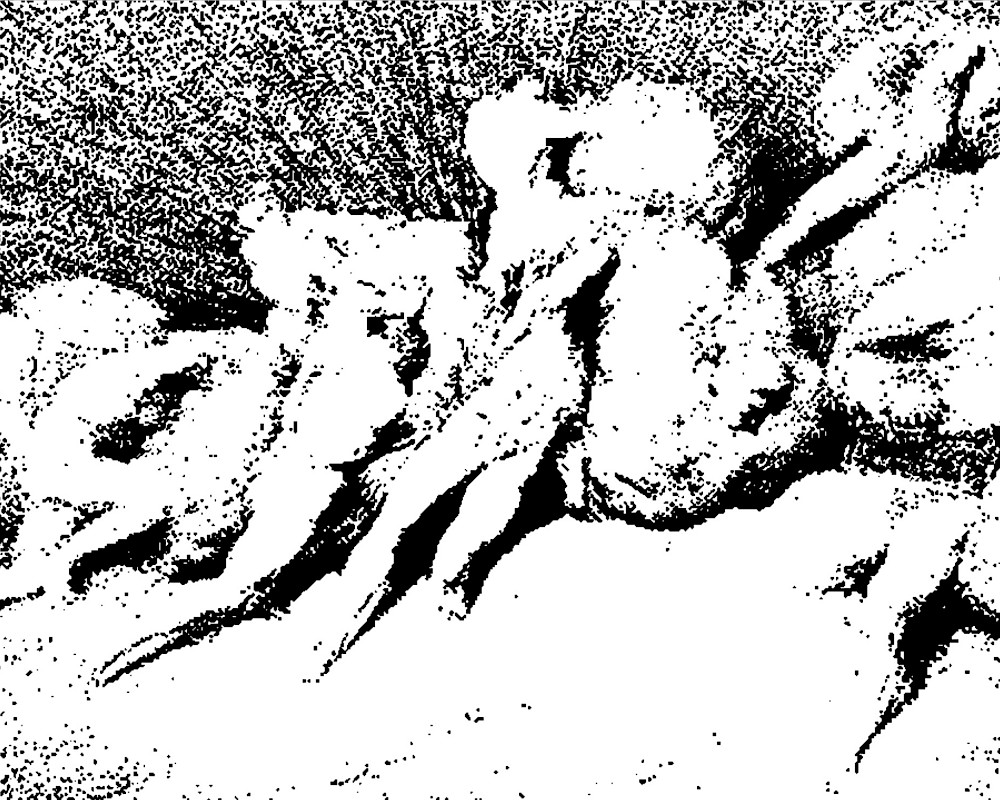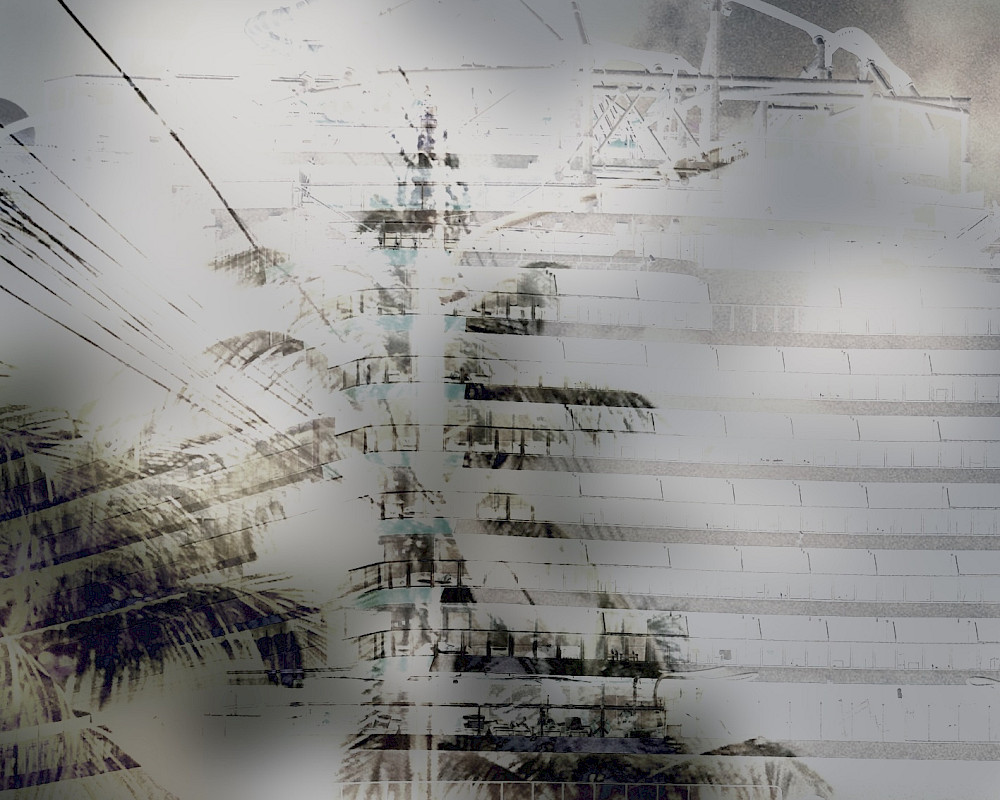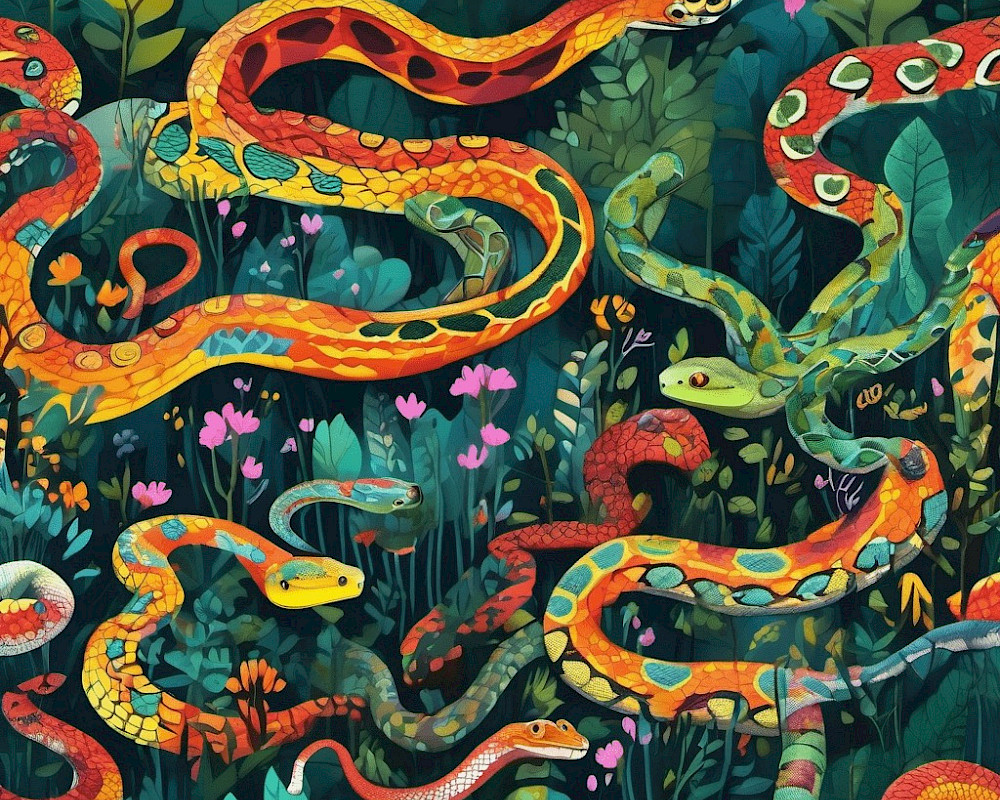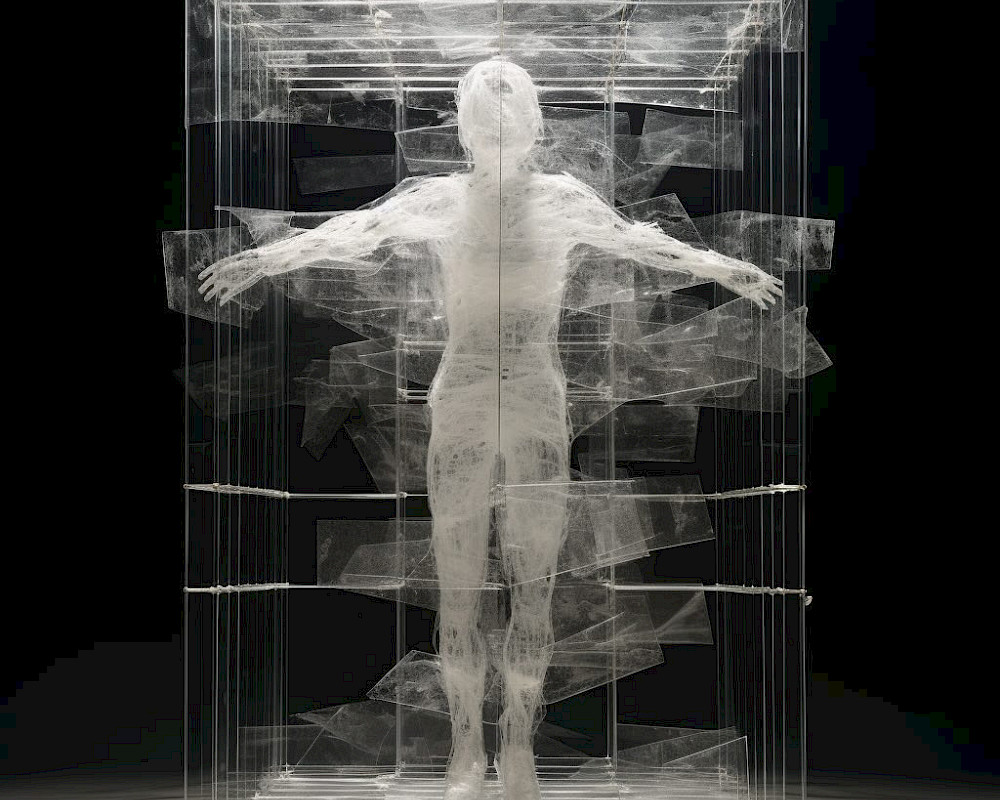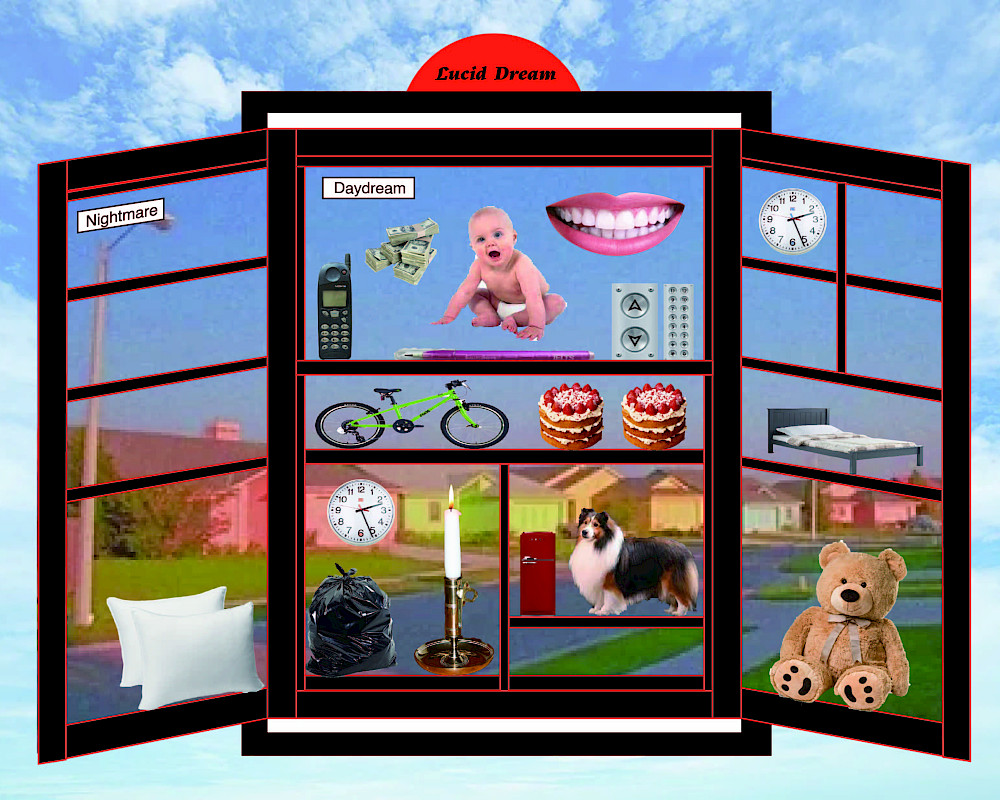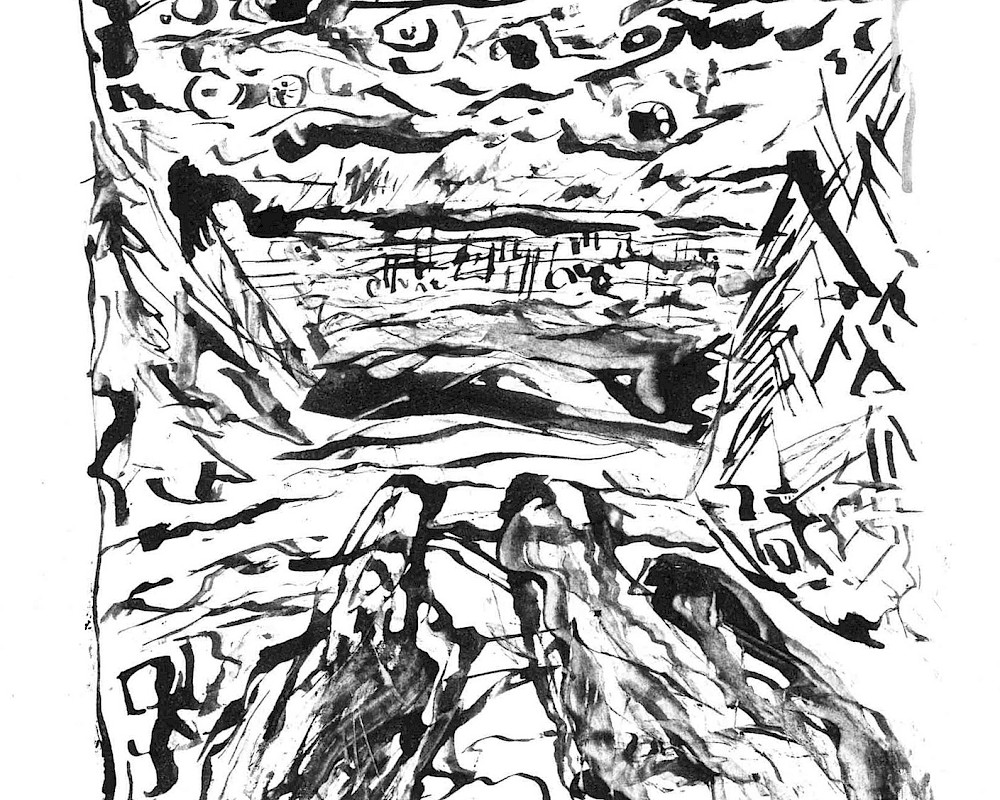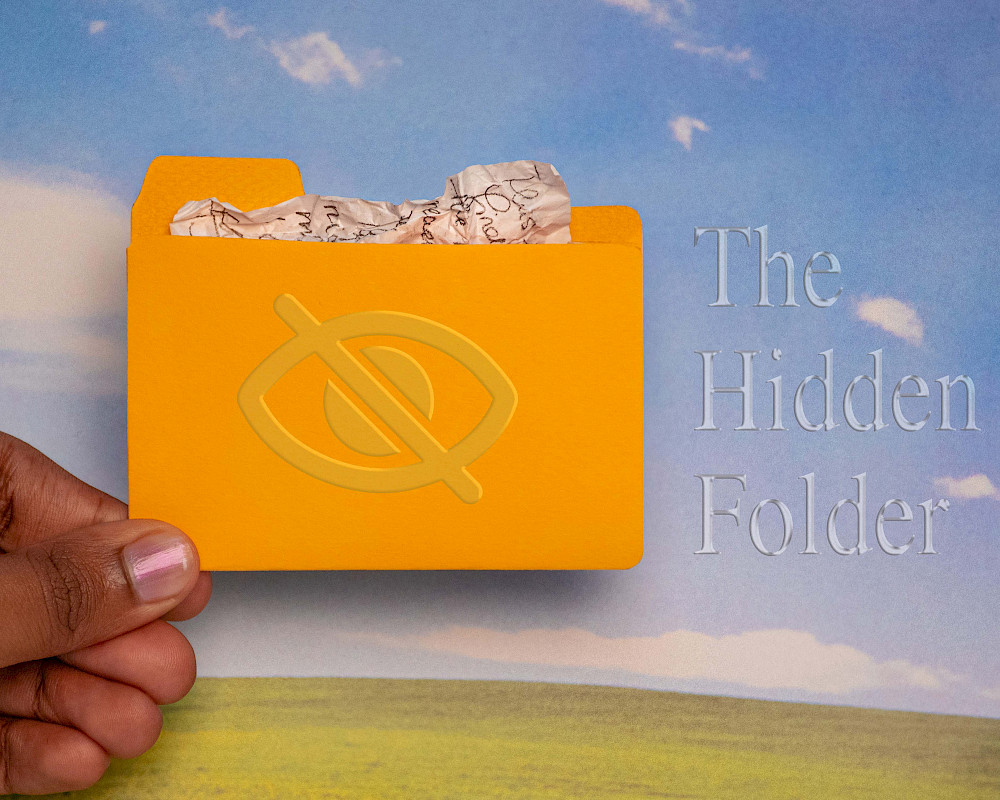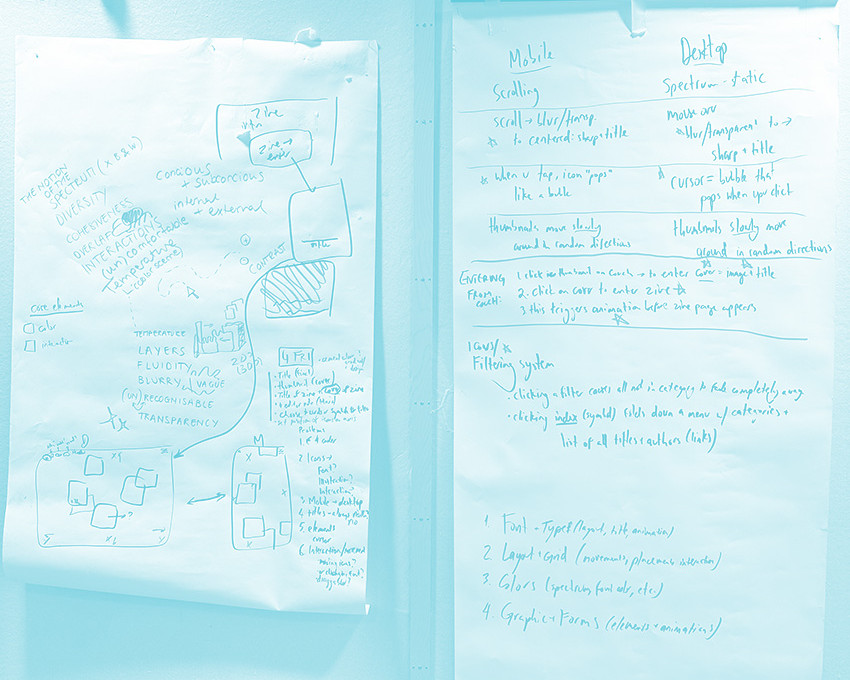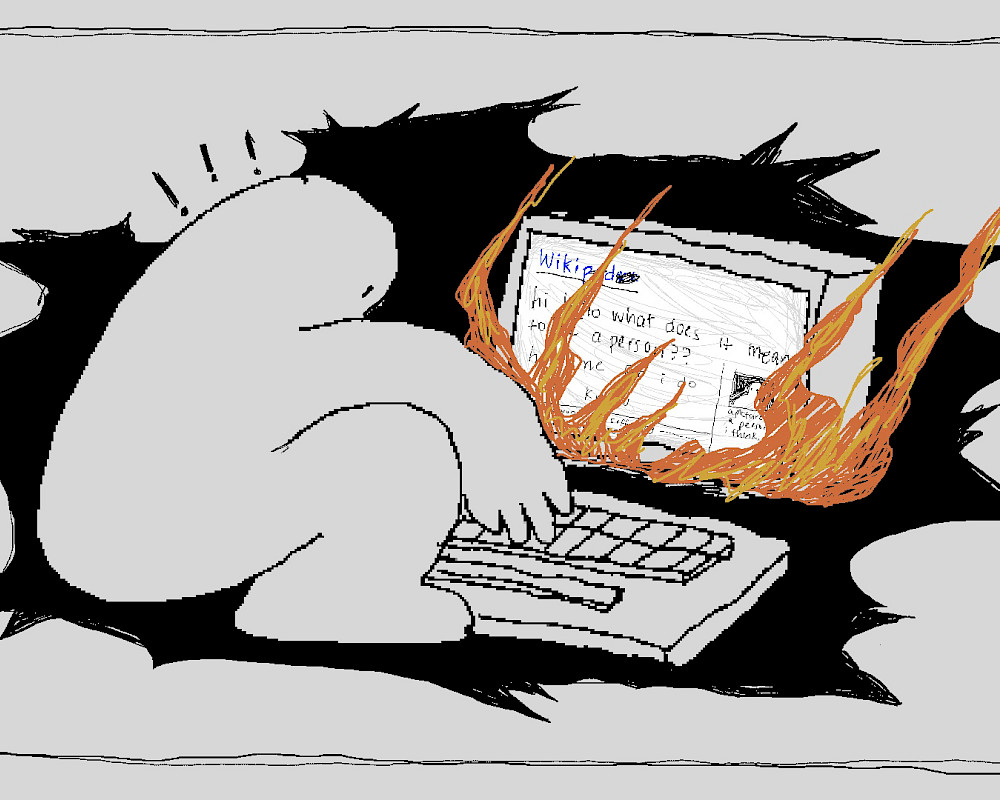interview
Gaydreaming
Sarath Muralidharan
Sarath Muralidharan has a background in architecture and interior design, and is currently exploring themes of identity, queerness and belonging, particularly from his South Indian perspective using mediums of textile and videography.
Mijali Posada
Mijali Posada Polydorides is a designer, maker and performer with studies at Design Academy Eindhoven, Politecnico di Milano and Tecnológico de Monterrey with an auto-ethnographic approach towards his practice. Conceiving pieces with strong narratives and emotionality, accompanied by a contextual understanding.
5
min read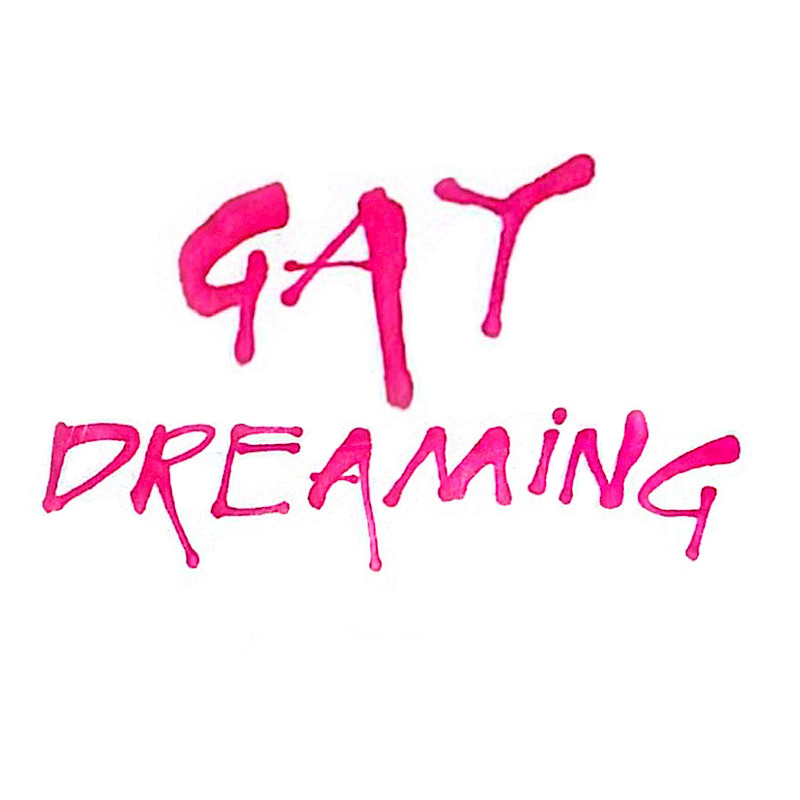
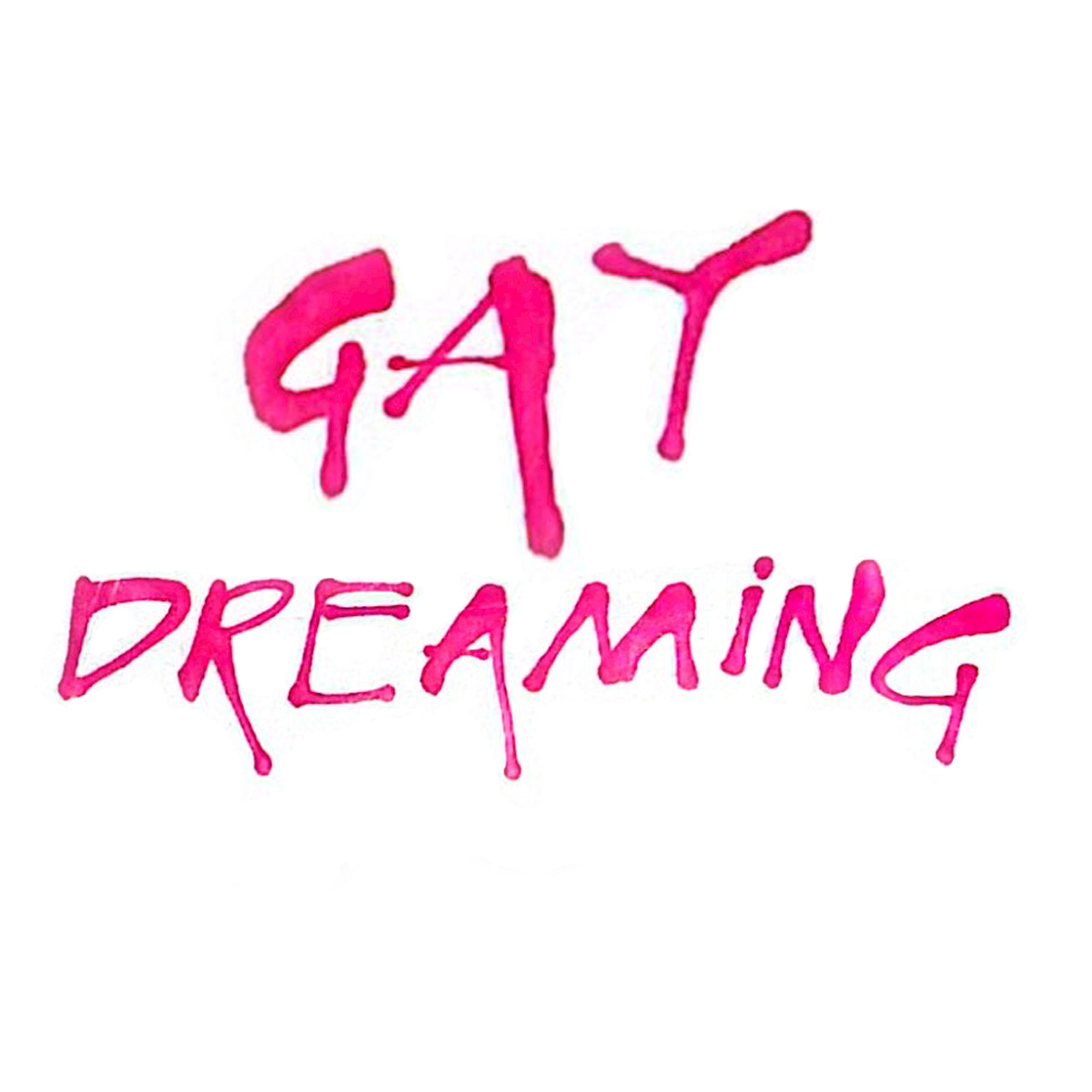
Welcome to the Gaydreaming henny. Let’s be honest, who hasn’t daydreamed or fantasized about being in love with someone, creating all these beautiful and romantic scenarios, which end up, unfortunately, impossible. With this transcript of our private tea, we want to give a voice to the delusional lovers, the overthinkers, the true singles, by normalizing the guilty pleasure created by fake – but in our head real – love scenarios. Navigating through different queer experiences, we will address the importance of speaking up about this awkward but exciting self-discovery.
Instead of running away, let’s navigate through it. As queer kids, daydreaming becomes an essential skill of survival. When you don't have access or resources to a future, you must daydream and make-believe it for yourself. In this text Sarath and Mijali are joined by Derrick to unpack together the complexity of daydreaming in a queer context.
For privacy reasons, we wish to keep the audio recording just to ourselves (sorry babes xoxo), but transcribed below are some of the most important thoughts that we wish to share with all the other delulu lovers out there.
What are your thoughts on daydreaming as a survival skill within the queer context?
Derrick As queer people we have a lot of difficulties, in terms of relationship or otherwise, and by sort of imagining what those worlds could be, it's an anchor of hope to hold on to. So that is definitely something which keeps me afloat.
Mijali I think daydreaming and hope are really related, where I was also using hope as a survival skill, like the really cliche phrase of things will get better. You have to be hopeful
Sarath If we look back, for example the AIDS epidemic, it was not that long ago, hardly 30 years back? We were robbed of a lot of queer elders, and thus what queer futures could look like for us. So now, we really have to imagine that we can have futures. Even when I talk to my queer friends, we don't have future-planning as a big priority, we’re just trying to take things one step at a time.
D Honestly this, I really share this sentiment [...] Its very much this day-by-day thing, cause I also don’t know any gay elder people or any in serious relationships. Yeah it can get hard
What makes you daydream? What aspects make you go back to it?
D It’s just the act of being queer, honestly. As queer people we have the freedom to define ourselves, and, within that daydreaming, dreaming about what you see as coming together can actually be related to you.
M Yeah, you can break them and reshape them, that is a beautiful part.
S “It’s nice to explore what my needs are. It’s a good vacuum because there are not societal expectations or judgements, so then it’s like your own vacuum where you can explore whatever you want.
M .By making these fake scenarios you can sort off push yourself to do things that you were not really thinking like: oh, maybe I should try this out. No one is judging in my head, maybe I can just try it with this person... Maybe it’s gonna work out, maybe it’s gonna be awkward, but I mean, if it’s awkward this person will be the only one to know if it was awkward or not.
Do you feel there is a connection between daydreaming and situationships? Something that's so prevalent in the queer community.
D In a way a situationship is also a delusional dream, keeping up this idea we are together, we are having a nice time, but without having this extra commitment like a relationship.
S I feel like in situationships both of them are daydreaming, but it’s just not on the same level.
M Ghosting in situationships it’s sort of related in a way, you are using ghosting maybe in a good way or bad way as a way to survive this navigate this situationship world.
M Even though maybe there might be some rules, we are constantly breaking them.
S It’s all a space for negotiation, I think, daydreaming, situationships, how much can you give and take. With every situationship our needs change, and our boundaries become different. I think we get into the next one with a lot more clarity, or with the hopes that it can then repeat.
M It can turn really toxic and constantly thinking about it can be exhausting.
D But also imagining something which doesn’t really have to conform to the rule or heteronormative image, that’s present in today’s world.
Afterthoughts
Daydreaming as a space free of judgement and expectations has helped us navigate the existing hetero-patriarchal society and foster self-discovery. Although it is an act that we’re not proud of indulging in, acknowledging its importance in our survival as queer folks also opens the possibility of harnessing it as a positive tool of introspection and building a deeper connect with our authentic self.
It was also refreshing to realize that although all three of us come from vastly different backgrounds, cultures and upbringings, our lived experiences have so many similarities. Openly sharing about this and confiding in each other builds such a strong sense of solidarity which we feel is essential in building queer sisterhoods.
